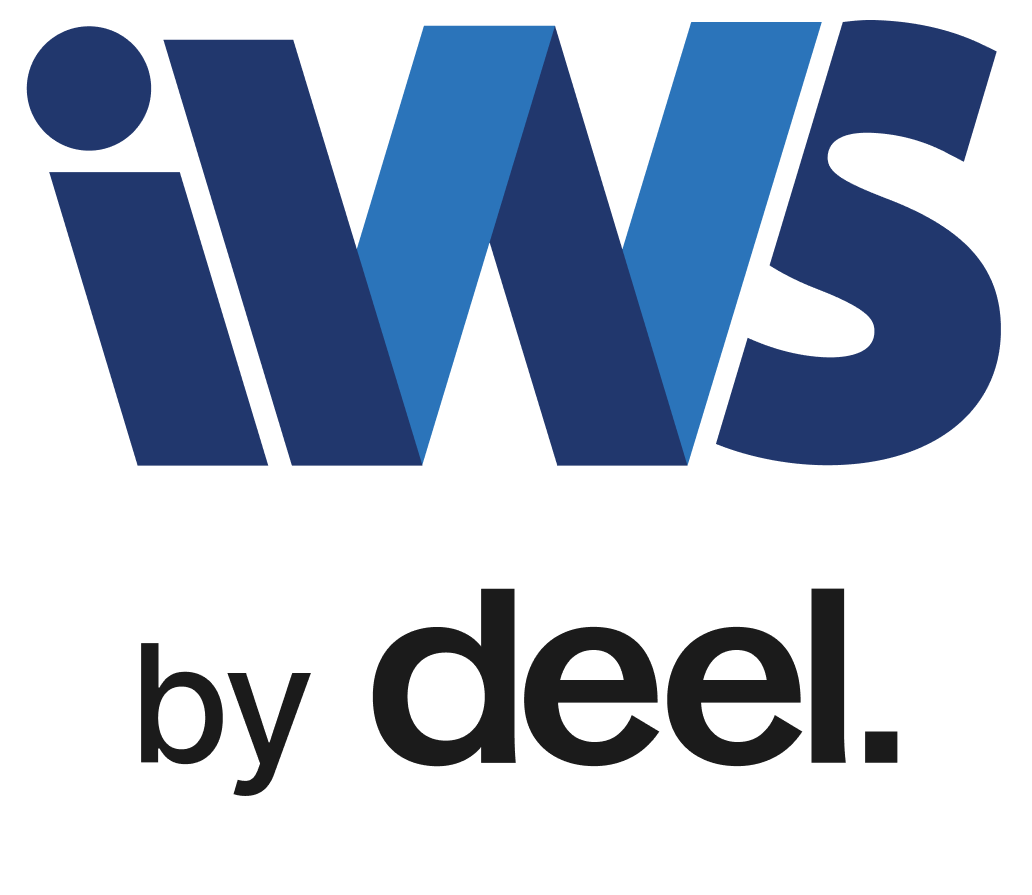Things are changing for Australian payroll systems. From 1 July 2026, the government’s Payday Super reforms will require businesses to pay superannuation contributions at the same time as employee wages.
Assistant Treasurer and Minister for Financial Services, Stephen Jones, has stated, “This simple change will strengthen Australia’s superannuation system and boost the retirement incomes of millions of Australians.”
For franchise businesses, this reform introduces a new layer of complexity to the already challenging task of payroll and workforce management. With operations often spanning multiple locations, each with its own rosters, payroll schedules, and labour costs, the need for careful payroll management has never been greater. The move to near-immediate contributions means franchises must tighten their payroll accuracy down to the day to remain compliant and avoid significant penalties.
The Unique Compliance Hurdles for Franchises
The Payday Super model eliminates the traditional buffer that quarterly payments provided. Under the new rules, super must be calculated based on “Qualifying Earnings” for each specific pay period and cleared within seven business days. For a franchise network, this presents several distinct challenges:
A central payroll team must process accurate data from various locations simultaneously, leaving no room for delays or manual data entry errors. Fluctuating staff hours, multiple award conditions, and employees working across different roles make manual payroll adjustments both risky and resource-intensive.
The transition from large, predictable quarterly payments to frequent, smaller payments also requires a more dynamic approach to managing operational cash flow.
A Compliance Checklist for the Modern Franchise
To successfully navigate this transition, franchise operators must focus on creating a seamless and automated payroll ecosystem. Key priorities include:
- Unified systems integration: Payroll must be seamlessly connected with rostering and timesheet systems. This ensures super contributions precisely match the wages paid across all outlets for every pay run.
- Pay-cycle precision: The ability to accurately calculate Superannuation Guarantee (SG) based on Qualifying Earnings per employee, per pay cycle.
- Real-time reporting: Leveraging Single Touch Payroll (STP) for complete transparency is crucial. This allows for swift identification and correction of any payment discrepancies before they become compliance issues.
- Proactive labour Cost management: Systems must provide real-time visibility into labour hours and costs, helping to eliminate issues like time theft and ensuring award rates are interpreted and applied automatically.
Achieving this level of accuracy and synchronicity is nearly impossible with disconnected or manual systems. The risk of human error, missed deadlines, and non-compliance penalties is simply too high.
Preparing for Payday Super demands proactive adaptation. By treating this reform not just as a payroll update but as an opportunity to modernise operational systems, franchises can build a more resilient and efficient business.
Ready to future-proof your franchise’s payroll and ensure seamless Payday Super compliance? Discover how a unified workforce management solution from iWS can help.
Contact us today for a consultation.




